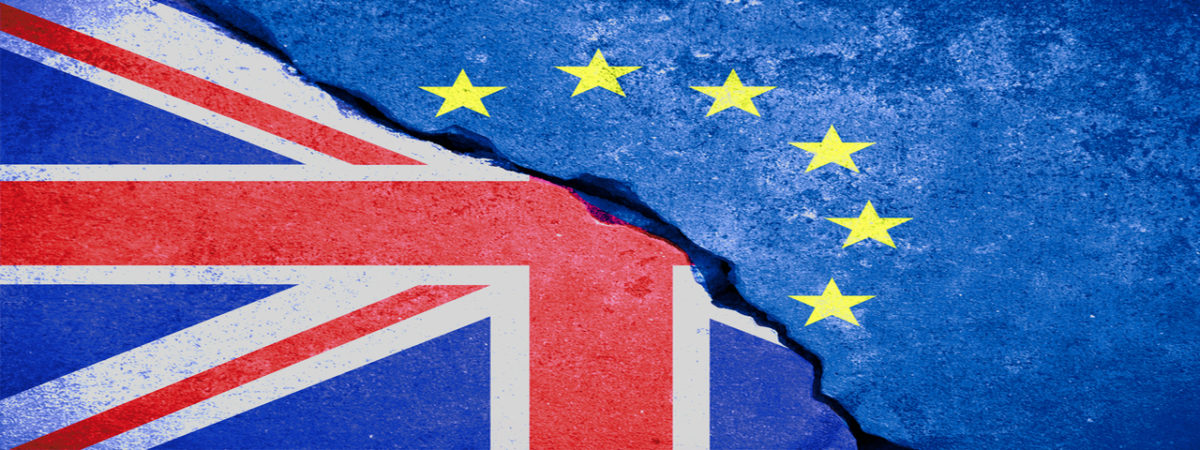Move for more ‘alcohol control’ is paternalistic & ignores scientific evidence
SUGGESTED

IEA comments on the prospect of a no-deal scenario post-Brexit

IEA launches a series of ‘no deal’ Brexit Fear-Checkers to help separate Project Fear from Project Fact

IEA responds to Lancet report on alcohol control
“This is the slippery slope in action, with all the rhetoric we are used to hearing from tobacco control activists. There should no longer be any doubt that the aim of ‘public health’ zealots is to regulate alcohol like cigarettes and treat drinkers like smokers. Damaging and illiberal policies such as sin taxes, advertising bans, graphic warnings and minimum pricing must be resisted.
“The empirical claims in the study are based on a weak modelling technique and fly in the face of decades of epidemiology. It is patently untrue to claim that there are no health benefits from moderate alcohol consumption and the suggestion that there is ‘no safe level of alcohol’ is scaremongering nonsense. Science is being sacrificed in the name of a draconian zero-tolerance approach for which consumers will pay a heavy price.
Notes to editors:
For media enquiries please contact Nerissa Chesterfield, Communications Officer: nchesterfield@iea.org.uk 020 7799 8920 or 07791 390 268
*The Lancet article is ‘Alcohol use and burden for 195 countries and territories, 1990–2016: a systematic analysis for the Global Burden of Disease Study 2016’, to be published at 00.01 on August 24th.
For more from the IEA on alcohol policy click here.
To download a copy of Killjoys: A Critique of Paternalism please click here.
The mission of the Institute of Economic Affairs is to improve understanding of the fundamental institutions of a free society by analysing and expounding the role of markets in solving economic and social problems and seeks to provide analysis in order to improve the public understanding of economics.
The IEA is a registered educational charity and independent of all political parties.



